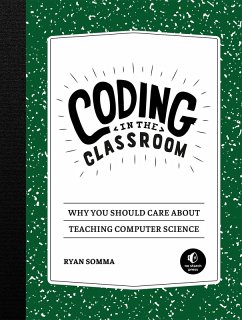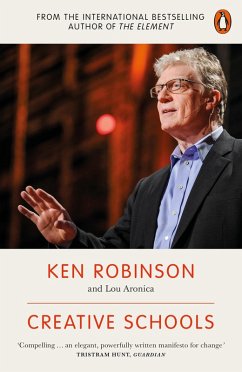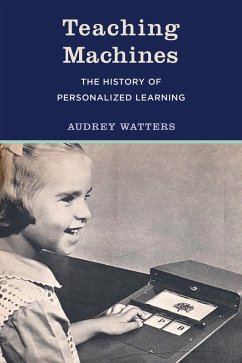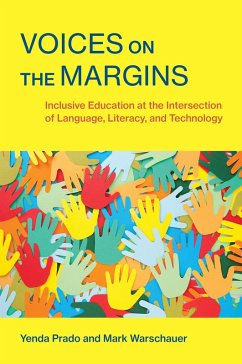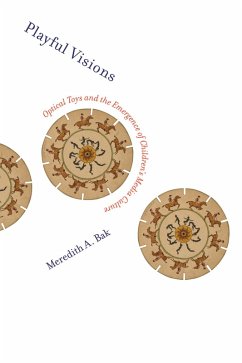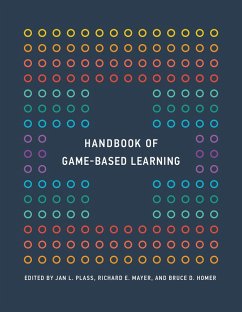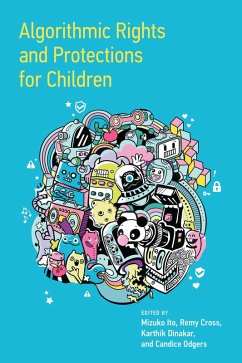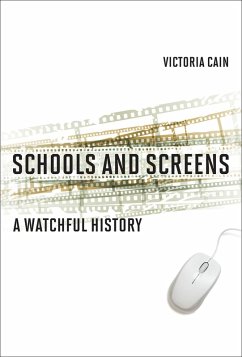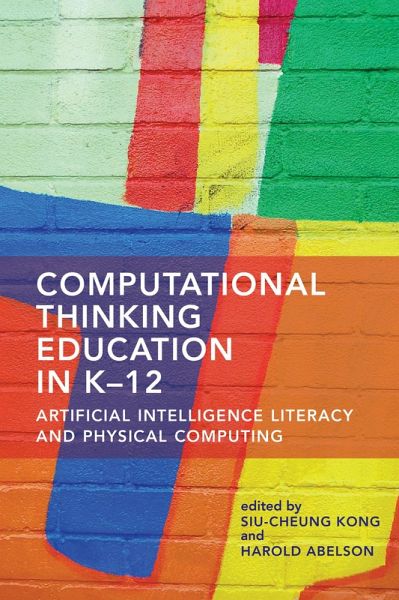
Computational Thinking Education in K-12 (eBook, ePUB)
Artificial Intelligence Literacy and Physical Computing
Redaktion: Kong, Siu-Cheung; Abelson, Harold

PAYBACK Punkte
17 °P sammeln!
A guide to computational thinking education, with a focus on artificial intelligence literacy and the integration of computing and physical objects. Computing has become an essential part of today's primary and secondary school curricula. In recent years, K-12 computer education has shifted from computer science itself to the broader perspective of computational thinking (CT), which is less about technology than a way of thinking and solving problems-"a fundamental skill for everyone, not just computer scientists," in the words of Jeanette Wing, author of a foundational article on CT. This vol...
A guide to computational thinking education, with a focus on artificial intelligence literacy and the integration of computing and physical objects. Computing has become an essential part of today's primary and secondary school curricula. In recent years, K-12 computer education has shifted from computer science itself to the broader perspective of computational thinking (CT), which is less about technology than a way of thinking and solving problems-"a fundamental skill for everyone, not just computer scientists," in the words of Jeanette Wing, author of a foundational article on CT. This volume introduces a variety of approaches to CT in K-12 education, offering a wide range of international perspectives that focus on artificial intelligence (AI) literacy and the integration of computing and physical objects. The book first offers an overview of CT and its importance in K-12 education, covering such topics as the rationale for teaching CT; programming as a general problem-solving skill; and the "phenomenon-based learning" approach. It then addresses the educational implications of the explosion in AI research, discussing, among other things, the importance of teaching children to be conscientious designers and consumers of AI. Finally, the book examines the increasing influence of physical devices in CT education, considering the learning opportunities offered by robotics. Contributors Harold Abelson, Cynthia Breazeal, Karen Brennan, Michael E. Caspersen, Christian Dindler, Daniella DiPaola, Nardie Fanchamps, Christina Gardner-McCune, Mark Guzdial, Kai Hakkarainen, Fredrik Heintz, Paul Hennissen, H. Ulrich Hoppe, Ole Sejer Iversen, Siu-Cheung Kong, Wai-Ying Kwok, Sven Manske, Jesús Moreno-León, Blakeley H. Payne, Sini Riikonen, Gregorio Robles, Marcos Román-González, Pirita Seitamaa-Hakkarainen, Ju-Ling Shih, Pasi Silander, Lou Slangen, Rachel Charlotte Smith, Marcus Specht, Florence R. Sullivan, David S. Touretzky
Dieser Download kann aus rechtlichen Gründen nur mit Rechnungsadresse in A, B, BG, CY, CZ, D, DK, EW, E, FIN, F, GR, HR, H, IRL, I, LT, L, LR, M, NL, PL, P, R, S, SLO, SK ausgeliefert werden.




